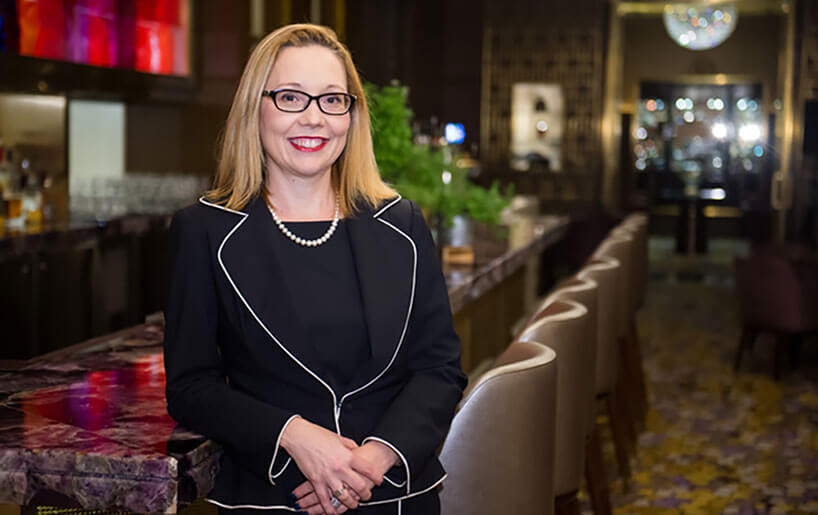
Marriott International’s Daniella Tonetto says managers must adapt to the ways younger team members want to interact.
Author: Daniella Tonetto
In the hotel industry across Asia Pacific, customers often become friends. I’ve seen this in my conference sales teams — they attend each other’s birthday parties, meet at the pub after work — and the line between professional and personal becomes very easily blurred.
I find that my millennial team members also want to engage in this way. As a manager, you need to develop a social interest in what they’re doing. Whether it’s a monthly team dinner or one-on-one coffee breaks, they really want you to know what they are doing, what’s affecting their work, what their families are doing. Having come from a corporate environment, I must admit I find this challenging because for me: Work is work and personal life is personal.
Nevertheless, I make a concerted effort to walk around the office and chat with the team. I make this part of my daily routine. If I don’t engage, I fear that I may lose that connection with my team. Essentially you have to schedule time with your staff and get to know them on a personal level.
Team Recognition
We all have busy lives, but the workplace has such a prominent place in our lives. As a manager, you have to make sure your staff feel like they’re part of a team, part of a family — this builds loyalty. People don’t leave jobs, they leave their boss or their teams. Today’s generation of employees wants to know that their opinions count — this is where recognition is important.
You also need to identify the team’s “key influencers” — some might be a good influence, some might be bad, but they’re critical to the dynamics of the team, so it’s good to keep them close. For every minute you spend with everybody on the team, spend five minutes with the influencers, because they’ll share your messages.
Communication Strategies
In my generation, we didn’t have mobile phones, messaging apps, and social media, so to connect with people you had to talk to them face to face (or on the office phone). Millennials, however, are wired to their device(s) 24/7. They don’t know any differently, so there isn’t a defined line between professional communication and personal communication.
Emails often don’t get very far, especially when clients in China prefer (and insist on) doing business via WeChat. When dealing with clients, I insist my team take screenshots of everything that comes through via WeChat and save conversations into a record system — otherwise there’s no record of the business exchange.
Internally, we have a series of WhatsApp chat groups for team discussion — we have a group for the MICE team, a group for the marketing team, and PR team. The key is working out how the team likes to be communicated with and using those channels to influence and work with them.
We can set ground rules around workplace etiquette, but if you keep forcing staff to do something that they’re simply not wired to do, they’re not going to do it. So, as managers, we have to adapt if we want to engage our staff and empower the leaders of tomorrow.
Marriott International’s Daniella Tonetto is general manager, sales & marketing, at Sheraton Grand Macao Hotel — Cotai Central and The St. Regis Macao — Cotai Central.
